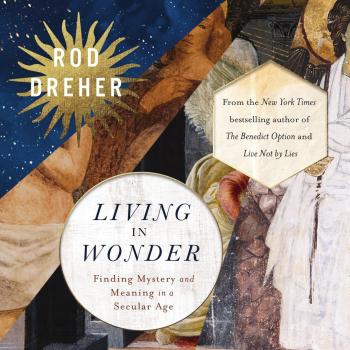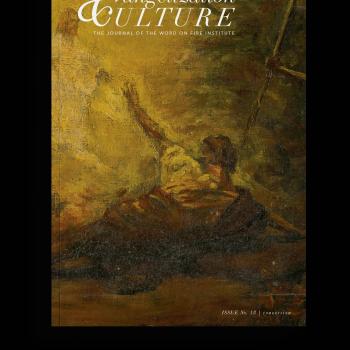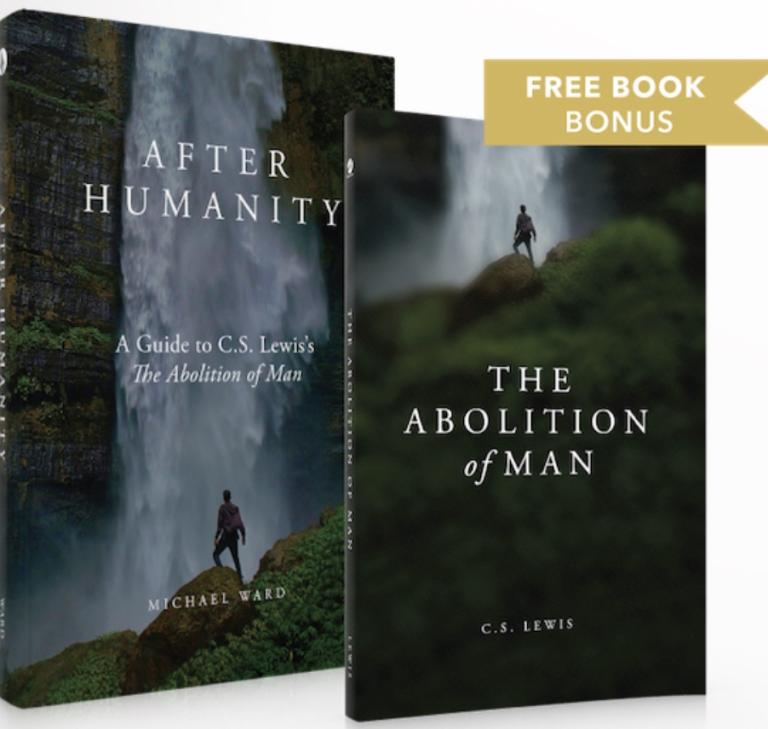That is the title of a review essay I just published in the April 2011 issue of First Things. The book is authored by Robert Benne of Roanoke College. Here’s how the essay begins:
For some Americans, as for the Founding Fathers, the separation of church and state means that the government and religious bodies ought not to exert power over the other’s
areas of legitimate authority. To others it means that religiously informed policy proposals may not become the laws of the secular government. So, on this meaning, a law that prohibits embryo-destructive research would violate the separation of church and state, since (it is assumed) such a law reflects a sanctity-of-life ethic derived exclusively from a theological tradition.
Notice that the latter understanding is concerned not with the actual content of the religious citizen’s policy proposal or with whether or not he has offered a cogent, rationally defensible argument. This metaphysical exclusionary rule bars these proposals without regard for the quality of the cases offered for them. Their secular contraries are not subjected to this philosophical apartheid, even though they offer answers to the same questions and rely on beliefs no less contested than their so-called religious counterparts.
















